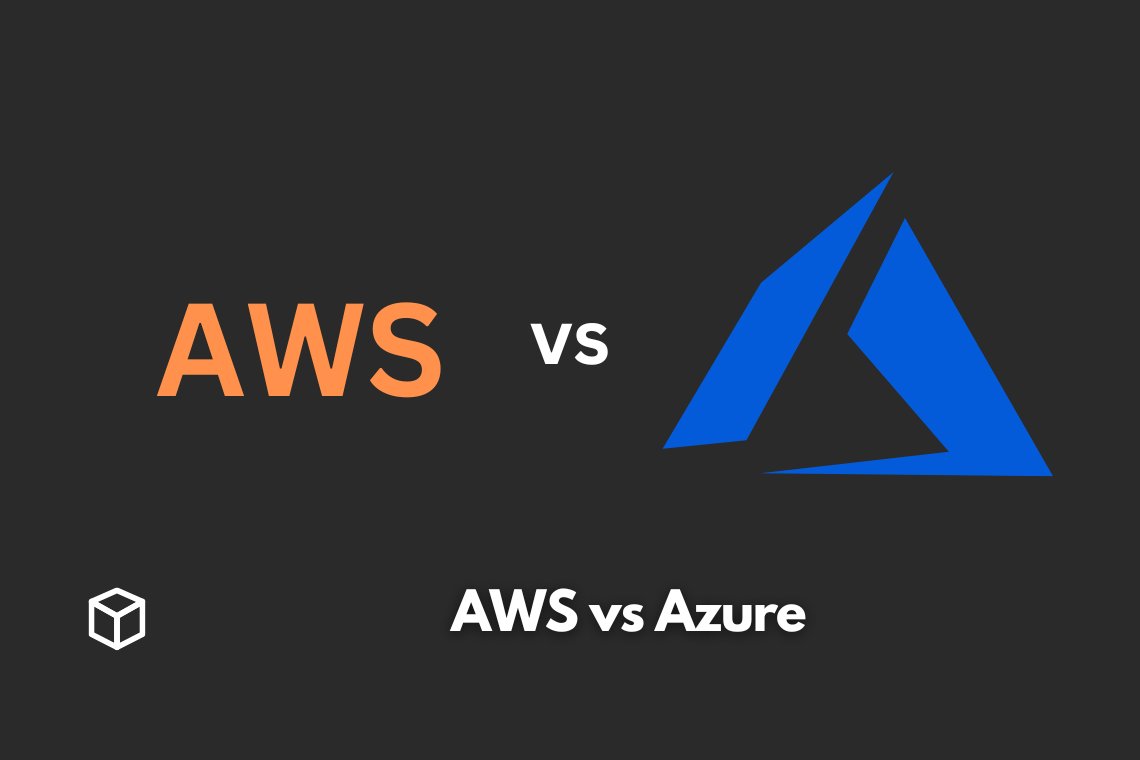In today’s digital age, cloud computing has become an essential tool for businesses of all sizes.
Cloud computing allows for the storage and access of data and applications over the internet, rather than on a local computer or server.
This allows for greater flexibility and scalability in terms of both storage and computing power.
When it comes to cloud computing, there are two major players in the market: Amazon Web Services (AWS) and Microsoft Azure.
Both platforms offer a wide range of services, but there are some key differences between the two.
In this article, we will take a closer look at both AWS and Azure, and compare their services, pricing, and use cases.
AWS
AWS, which was launched in March 2006, is a collection of remote computing services (also called web services) that make up a cloud computing platform, offered by Amazon.com.
These services operate from 12 geographical regions across the world.
The most central and well-known of these services arguably include Amazon Elastic Compute Cloud (EC2) and Amazon Simple Storage Service (S3).
The pricing model for AWS is pay-as-you-go, meaning that users only pay for the services they use.
There are also reserved instances, which allow users to pay a discounted hourly rate for services they plan to use consistently over a 1 or 3-year period.
Additionally, there are options for on-demand, spot, and reserved pricing, so you can choose the pricing model that works best for your business.
AWS is commonly used by a wide range of industries, including technology, healthcare, retail, and finance. Some of the biggest companies in the world, such as Netflix, Airbnb, and GE, use AWS to power their businesses.
One of the main benefits of using AWS is its flexibility and scalability.
With a wide range of services and the ability to quickly scale up or down as needed, AWS can be a great choice for businesses that need to be able to quickly adapt to changes in demand.
However, one potential downside is that AWS can be complex and overwhelming for users who are not familiar with cloud computing.
Azure
Microsoft Azure, which was launched in 2010, is a cloud computing platform and infrastructure created by Microsoft for building, deploying, and managing applications and services through a global network of Microsoft-managed data centers.
Azure is similar to AWS in that it offers a wide range of services, including virtual machines, storage, and databases.
Like AWS, Azure has a pay-as-you-go pricing model, which allows users to pay only for the services they use.
There are also reserved instances and committed use discounts, which can help users save money on long-term usage.
Azure is commonly used by businesses in industries such as healthcare, finance, and retail. Microsoft’s own products, such as Office 365 and Dynamics 365, are also hosted on Azure.
One of the main benefits of Azure is its integration with other Microsoft products.
For businesses that already use a lot of Microsoft products, such as Windows and SQL Server, Azure can be a great choice because it is easy to integrate these products with Azure services.
Additionally, Azure is generally considered to be easier to use than AWS, which can make it a better choice for businesses that are new to cloud computing.
Comparison of AWS and Azure
When it comes to services, both AWS and Azure offer a wide range of options, including virtual machines, storage, and databases.
However, there are some key differences between the two platforms.
For example, AWS offers more services related to analytics and the internet of things (IoT), while Azure has a stronger focus on artificial intelligence and machine learning.
In terms of pricing, both AWS and Azure have pay-as-you-go pricing models, but they also have different pricing options that can help users save money on long-term usage.
For example, AWS has reserved instances, while Azure has committed use discounts.
It is important to compare the pricing options and costs of each platform to determine which one is more cost-effective for your business.
In terms of industries and use cases, both AWS and Azure are commonly used by a wide range of businesses.
However, there may be certain industries or use cases where one platform is better suited than the other.
For example, AWS is a good choice for businesses that need to quickly scale up or down, while Azure is a good choice for businesses that already use a lot of Microsoft products.
Conclusion
In conclusion, both AWS and Azure are powerful cloud computing platforms that offer a wide range of services and pricing options.
When deciding which platform to use for your business, it is important to consider your specific needs and requirements.
Both platforms have their own strengths and weaknesses, so it is important to carefully compare the services, pricing, and use cases of each platform before making a decision.




